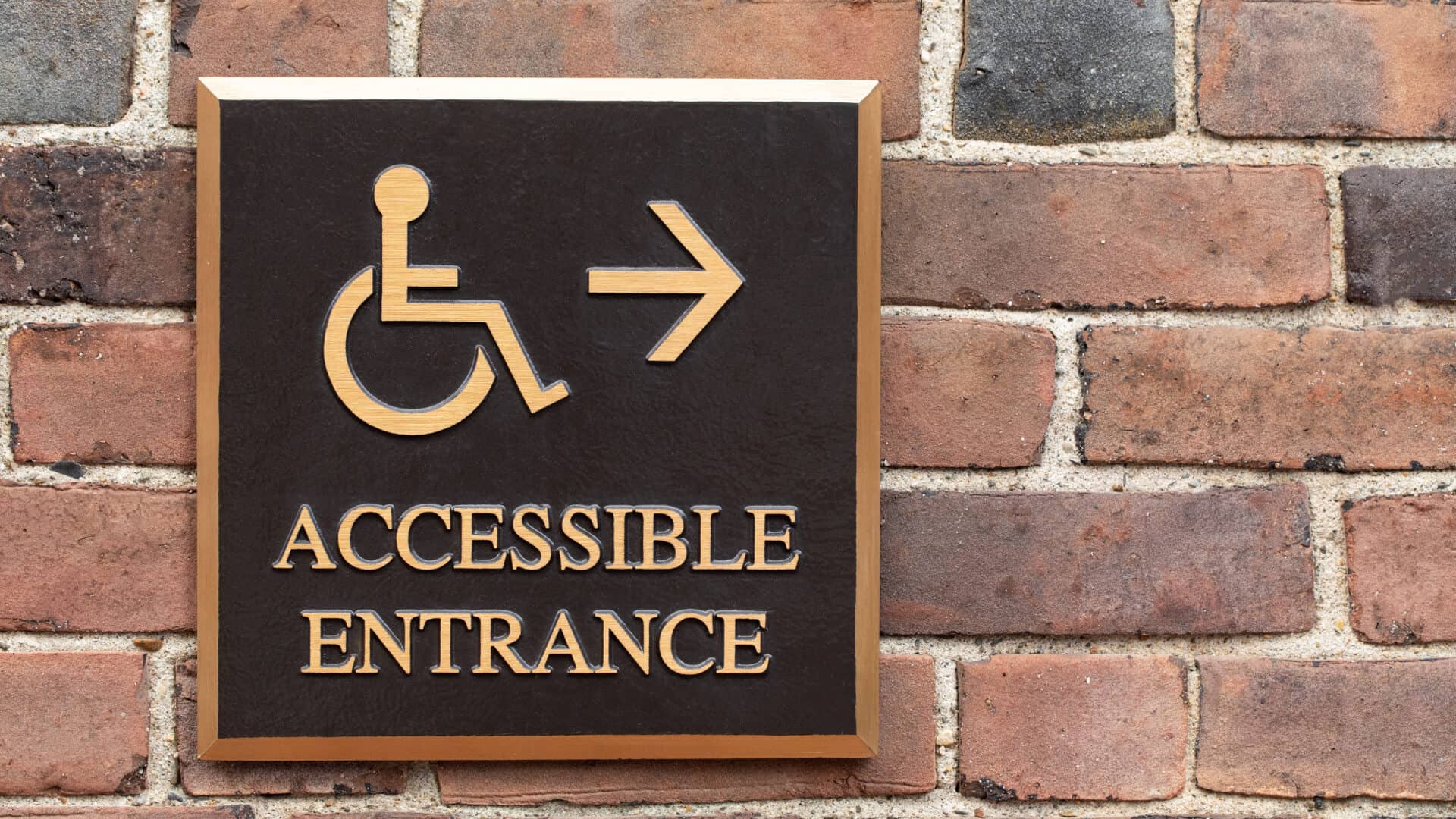The Americans With Disabilities Act (ADA) gives workers the right to request a reasonable accommodation in their workplace. This means if your disability hinders your ability to complete certain tasks, whether as a job applicant or a current employee, the employer must make accommodations to help you complete the task(s).
But this doesn’t mean your request will be approved. Employers may deny your request for several different reasons, many of which are not legal. If your reasonable accommodation request was denied, a lawyer can determine whether or not it was lawful.
If it was illegal, you can seek legal recompense for the accommodation request denial in the form of an accommodation and/or monetary compensation. The disability discrimination attorneys at Barrett & Farahany can help.
What is a Reasonable Accommodation?
A reasonable accommodation is defined as a modification or adjustment to a job, the work environment, or a part of the hiring process that enables someone with a disability to have an equal opportunity to perform their job duties or receive a job offer. Workplace accommodations give employees with disabilities the same ability to perform as someone without disabilities.
Examples of reasonable accommodations include:
- Sign language interpreters for the deaf
- Modifying work schedules to accommodate medical appointments
- Ramps to provide wheelchair accessibility
When Can an Accommodation Request Be Denied?
Employers can only deny an accommodation to people with disabilities if it is “unreasonable” and would cause undue hardship to the business. Undue hardship does not mean that the employer should not have to pay for the accommodations. Rather, it means that the accommodation would be excessively costly for the employer’s resources, require substantial and/or excessive cost, or cause disruptive changes to the business.
Examples of a reasonable accommodation causing undue hardship would include:
- Costing the business more than the employer could bring in or prevent the business from losing
- Disrupting the regular operations of the business for a significant and dangerous amount of time
- Changing the nature of the business so that it no longer provides the same products and services that it originally aimed to
What Can You Do If Your Request For a Reasonable Accommodation is Denied?
The first thing you should do if your request has been denied is to contact a disability discrimination attorney at Barrett & Farahany. We can schedule a consultation, discuss the evidence you have, and give you a recommendation on whether or not your employer had the ability to deny you a reasonable accommodation.
If we believe that you have a case or at least the ability to appeal, we may recommend that you attempt one or more of the following options:
- File a Complaint Internally: We say this all the time: Human Resources (HR) is not your friend. They will recommend whichever action is best for the company to their employees. The best action may be to comply and give you a reasonable accommodation, but if it isn’t, you at least need to have your complaint on their record. This will serve as evidence later should you proceed with a lawsuit.
- File a Complaint With the EEOC: The Equal Employment Opportunity Commission (EEOC) accepts reports of discrimination, hostile workplaces, and wrongful denials of a reasonable accommodation. They will investigate your employer and file a claim against them on your behalf or give you a “right to sue” letter. The EEOC’s protections extend to when someone is applying for a job as well.
Contact the Disability Discrimination Attorneys at Barrett & Farahany For Help
Your disability should not stop you from being able to work. If your boss says no to your request for accommodation in order to do your job as well as others, get legal advice from Barrett & Farahany. Whether it’s to get the reasonable accommodation you were denied or to get compensation for your employer’s discriminatory actions, we can help. Contact us today to schedule a consultation with our disability discrimination attorneys.


